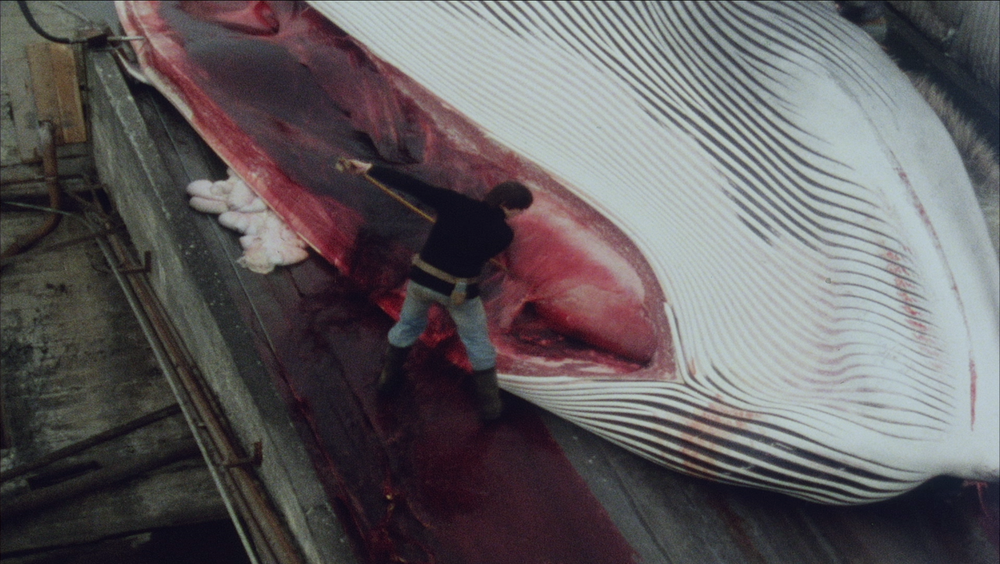
“The Whiteness of the Will: Ahab and the Matter of Monomania,” in Ahab Unbound: Melville and the Materialist Turn, eds. Meredith Farmer and Jonathan Schroeder (Minnesota, 2022): 277–300.
This essay argues that Ahab constitutes a rebuttal to the normative understanding of monomania pioneered by Melville’s father-in-law, Lemuel Shaw. According to the chief justice’s criteria set out in the landmark 1844 case Commonwealth vs. Rogers, Ahab would be adjudged not guilty in a court of law because of his monomania and because of his sincere, albeit insane belief that he is acting under the direction of a higher power. It is extremely unlikely, however, that a white sovereign like Ahab would even have been diagnosed with monomania, let alone put on trial, since baked into this concept were preconceptions about where different groups fell on the ladder of life and, consequently, which people were susceptible to diseases of the passions like monomania.
Thus, by diagnosing Ahab with monomania, Moby-Dick turns the tables on medicine, the law, and Shaw, taking away the sovereign figure’s get-out-of-jail free card. The novel’s object is not to lay blame on Ahab, however, but rather to go beyond the law’s parameters to lay out the conditions for Ahab’s insanity so that guilt can be appropriately distributed for producing an Ahab. By opening up an examination of how American whaling transformed a group of pacifist outcasts into “fighting Quakers,” and in doing so creating the material and social conditions for an Ahab—an American Psycho before the fact—the novel leads us to consider where responsibility lies for the mass destruction of the lives of sperm whales and the humans on board the Pequod.